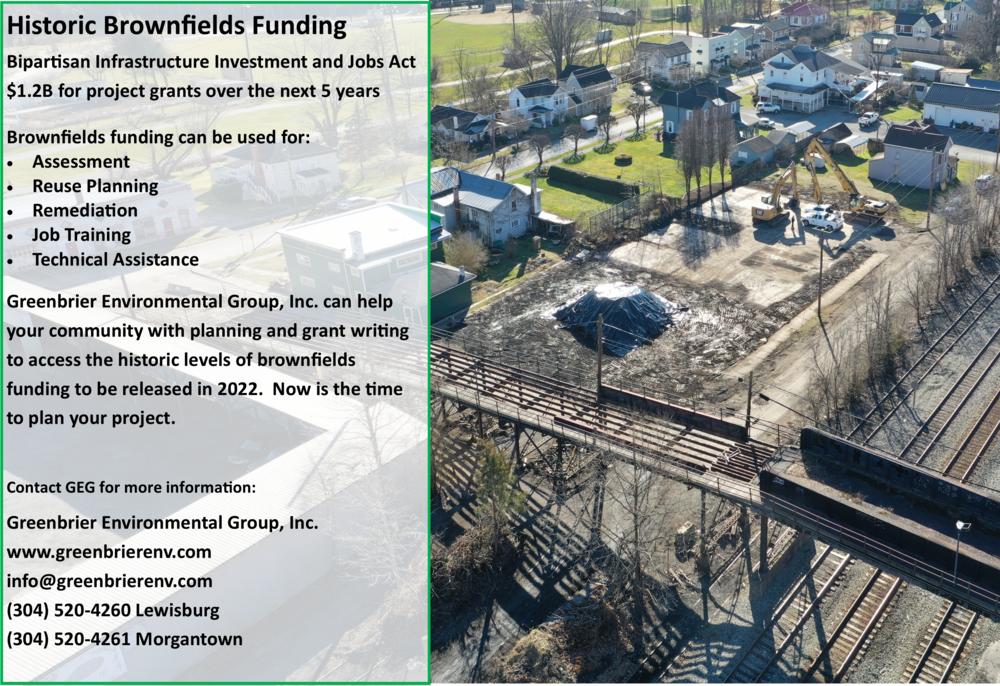
Consultant work can be both challenging, but also rewarding. While it is a job with very specific responsibilities and little freedom of initiative, there are many learning and development opportunities. It is also easier to reorganize and transform companies at large consulting firms. This makes it a rich and diverse experience. These are just a few of the many benefits and drawbacks to working as a consultant.
Benefits of working at a mid-sized firm of consultants
A mid-sized consulting firm offers many advantages. Flexibility is one of the benefits. Flexibility allows you work on internal projects with no set time. You also have more opportunities for professional growth in mid-sized businesses. It's possible to work on a wide range of projects. This can be beneficial for people who want to create a niche in their career.
Many mid-sized businesses offer travel reimbursements to their consultants. These reimbursements can range from R400 to more than R1500 per day, depending on location. Some companies will only reimburse consultants who have traveled outside of their home country. Others base their fees on international standards.

Travel requirements
A consultancy job comes with unique challenges. One of them is the requirement to travel regularly. Most likely, you'll be traveling for four of every five days during your working week. Weekends are your only chance to travel. Consultants typically work 12 hours a day or more. Additionally, you may be asked to work with a different team every few months.
The amount of travel needed varies between firms and projects. The nature of your project and the company's staffing structure will affect the amount of travel. Some firms have a local staffing model, while others have a regional or global model. In general, consultants will travel 3-4 days per week for projects that are not in their office.
Culture in large consulting firms
Large consulting firms have a diverse culture. While some firms have a more structured structure than others, some have a more casual approach. In addition, large consulting firms tend to have broader benefits packages and budgets for marketing, talent development, and corporate parties. You will need to consider your individual preferences and goals before deciding if a large consulting company is the right fit for you.
If you want to create a productive work environment, there are certain practices that you need to avoid. You should avoid rigid cultures, for example, if your goal is to create a collaborative work environment.

Looking for a job in consulting?
When trying to find a job as consultant, the most important thing is to be proactive. You must take the time to network with fellow consultants. You can do this offline, by joining industry associations, and online via social networking. Make sure your online profile is updated and join groups relevant to your industry. Indeed is one place you can search to find jobs in consulting. You can search these sites for the top consulting firms and sign up to receive job alerts.
First, choose the area of expertise in which you want to specialize. It doesn't matter if you want work in finance or supply chain management, it is important to understand the industry you are targeting. Once you have narrowed down this field, start building your network and making connections with the right clients. Also, you must be honest about how prepared you are to work. You should also be organized and have clear goals. These steps will help you get on the right track to becoming a consultant.
FAQ
How is consulting different to freelancing
Freelancers are individuals who work for themselves and offer their services to clients. Hourly rates are usually charged based on the time they spend working on a client’s project. Consultants work for companies and agencies that employ them. They are often paid monthly or annually.
Because they set their own hours and prices, freelancers are often more flexible than consultants. Consultants often offer better benefits such as vacation days and retirement plans, health insurance, and vacation days.
What are the different types of jobs available for consultants?
Consultant work requires a deep understanding of business strategy, operations, and other aspects. You need to be able to comprehend how businesses function and how they fit in with society.
You must have excellent communication skills as well as the ability to think critically in order to be a consultant.
Consultants need to be flexible as they might be assigned different tasks at different times. Consultants should be able to quickly change their direction if necessary.
They should be willing to travel extensively on behalf of their clients. This type work can take them anywhere in the world.
They need to be able and able to manage pressure and stress. Sometimes consultants are required to meet tight deadlines.
Consultants are often expected to work long hours. You might not always be paid overtime.
Do I need to seek legal advice?
Yes! Consultants often create contracts with clients without getting legal advice. This can cause problems later on. If the client terminates an agreement with the consultant before the completion date, what are the consequences? Or, what happens if the consultant doesn't meet the deadlines set forth in the contract?
Avoid any legal issues by speaking with a lawyer.
Can you run a business consulting from your home?
Absolutely! This is something that many consultants do already.
Most freelancers work remotely using tools like Skype, Slack, Trello, Basecamp, and Dropbox. They may even create their own office space in order to take advantage of company perks.
Some freelancers prefer to work at libraries and cafes instead of traditional offices.
Others choose to work at home because they love being with their children.
Of course, working from home has its pros and cons. However, if you love what you do, it is worth considering.
How much do consultants make?
Some consultants earn more than $100k per year, but most consultants earn between $25 and $50k. An average consultant salary is $39,000 This applies to both hourly and salaried consultants.
Salary depends on experience, location, industry, type of contract (contractor vs. employee), and whether the consultant has his/her own office or works remotely.
Statistics
- So, if you help your clients increase their sales by 33%, then use a word like “revolution” instead of “increase.” (consultingsuccess.com)
- My 10 years of experience and 6-step program have helped over 20 clients boost their sales by an average of 33% in 6 months. (consultingsuccess.com)
- Over 50% of consultants get their first consulting client through a referral from their network. (consultingsuccess.com)
- 67% of consultants start their consulting businesses after quitting their jobs, while 33% start while they're still at their jobs. (consultingsuccess.com)
- WHY choose me: Why your ideal client should choose you (ex: 10 years of experience and 6-week program has helped over 20 clients boost their sales by an average of 33% in 6 months). (consultingsuccess.com)
External Links
How To
What is a typical day for a consultant?
Depending on what type of work you do, your typical day may vary. However, the majority of your day will consist of research and planning, meeting clients and preparing reports.
You will have many meetings where clients and you can discuss their issues. These meetings can be conducted over the phone, by email, face-to-face, or online.
The proposal is a document that outlines your ideas and plans to clients. You'll need to discuss your proposals with a mentor, colleague, or friend before you present them.
After all the preparation and planning, it's time to actually create some content. For example, you could be writing articles, designing websites, creating videos, editing photos, or conducting interviews.
Depending on your project's scope, it may be necessary to do research to get relevant statistics. For instance, you might want to find out how many people you have and if they are buying more than just one product or service.
Once you have enough information, it is time to present your findings and conclusions to clients. You may give your findings orally or in written form.
You must also follow up with clients following the initial consultation. For example, you could call your clients periodically to check how things are going. Or send them emails asking them to confirm they have received the proposal.
Although it takes time, this process is worth it. It's also important to keep your eyes on the prize and maintain good relations with clients.